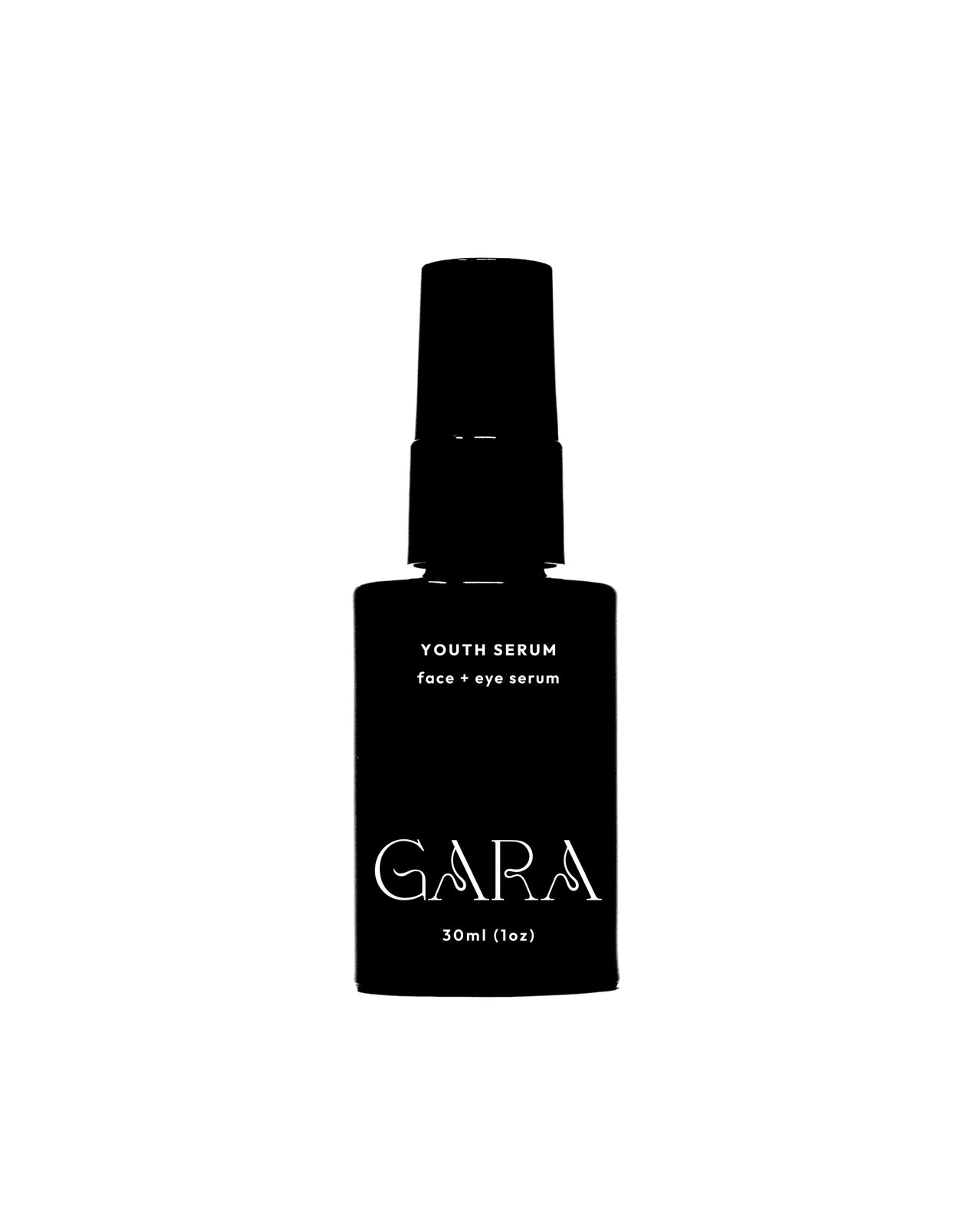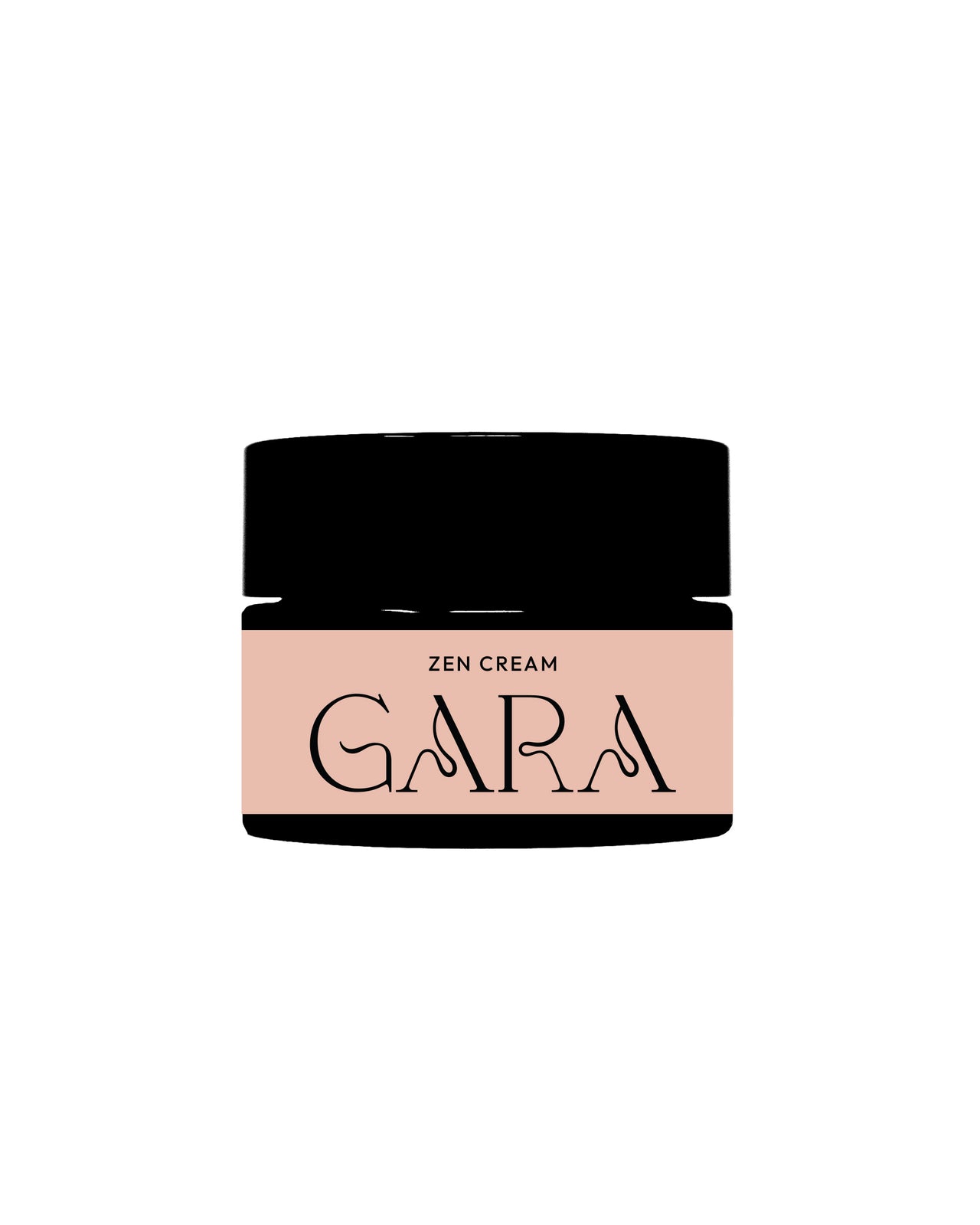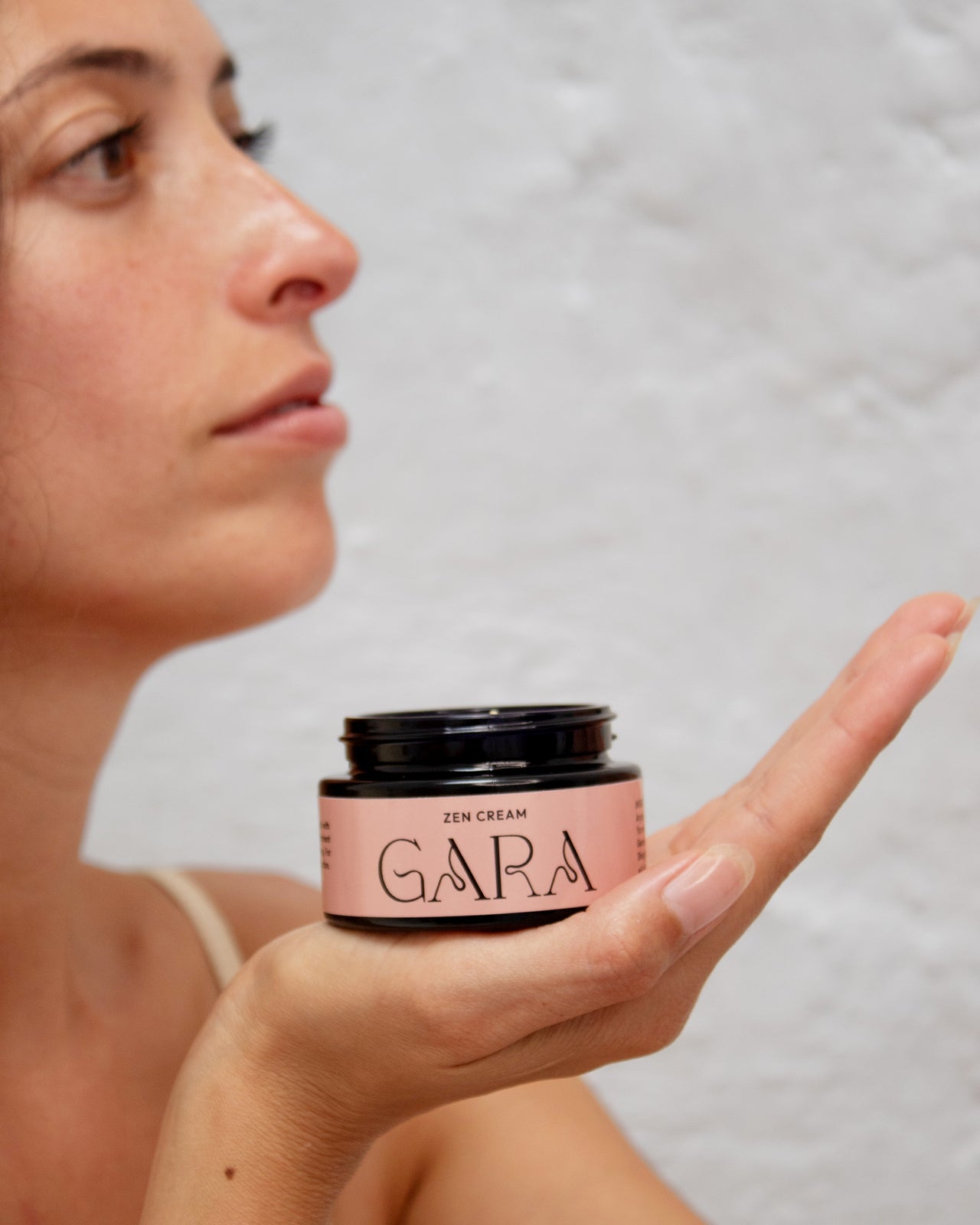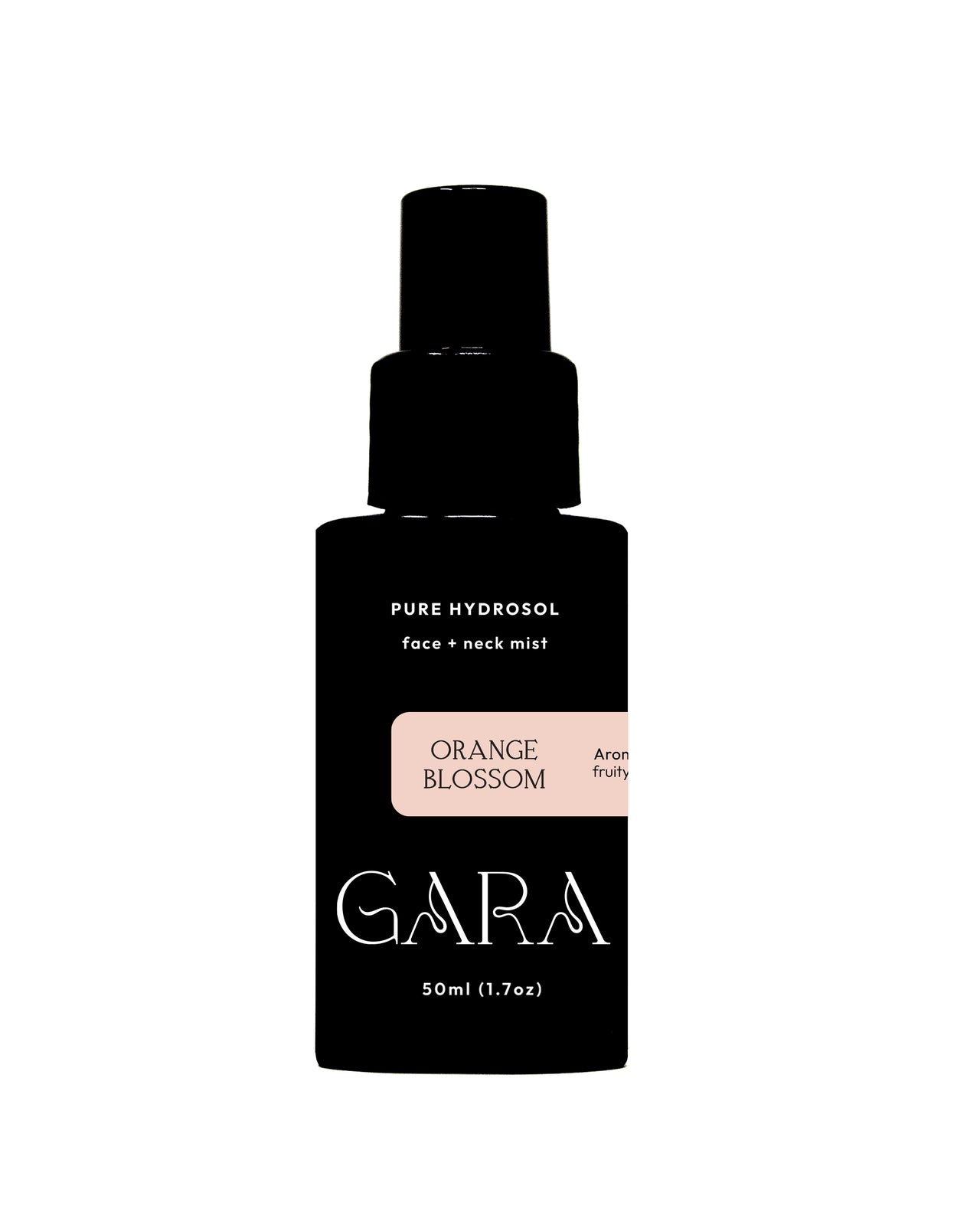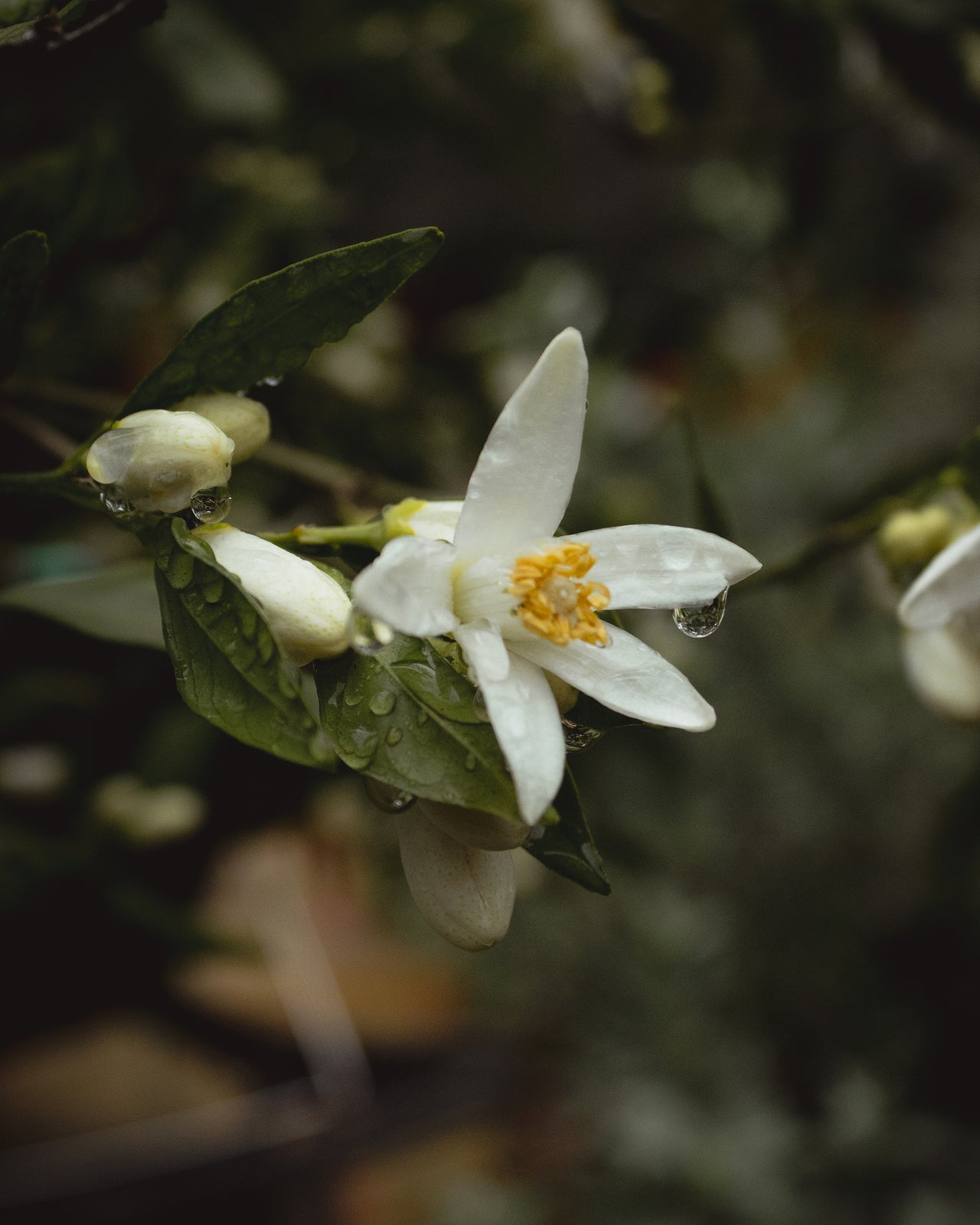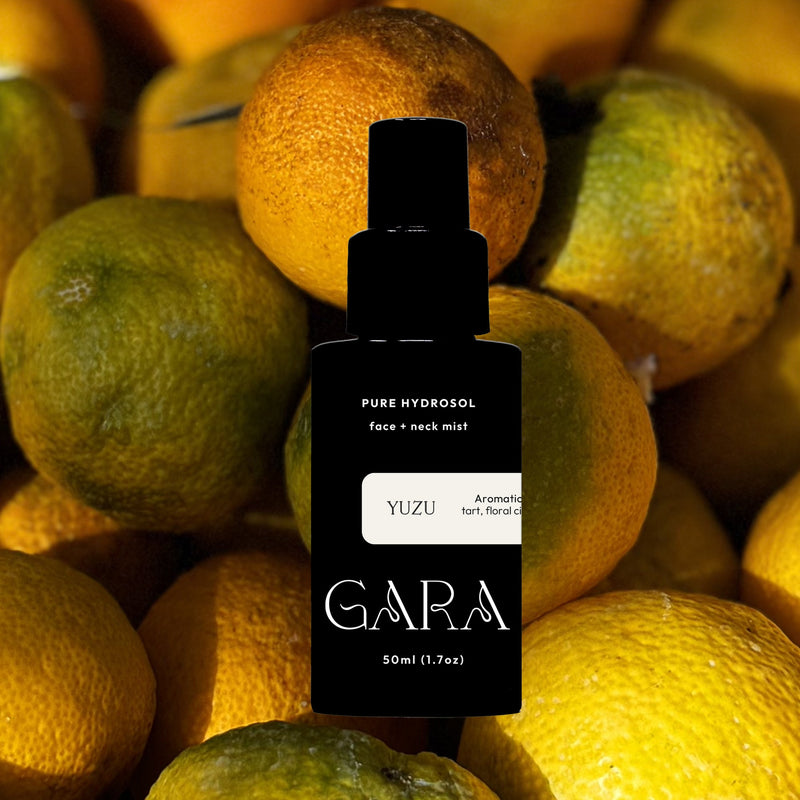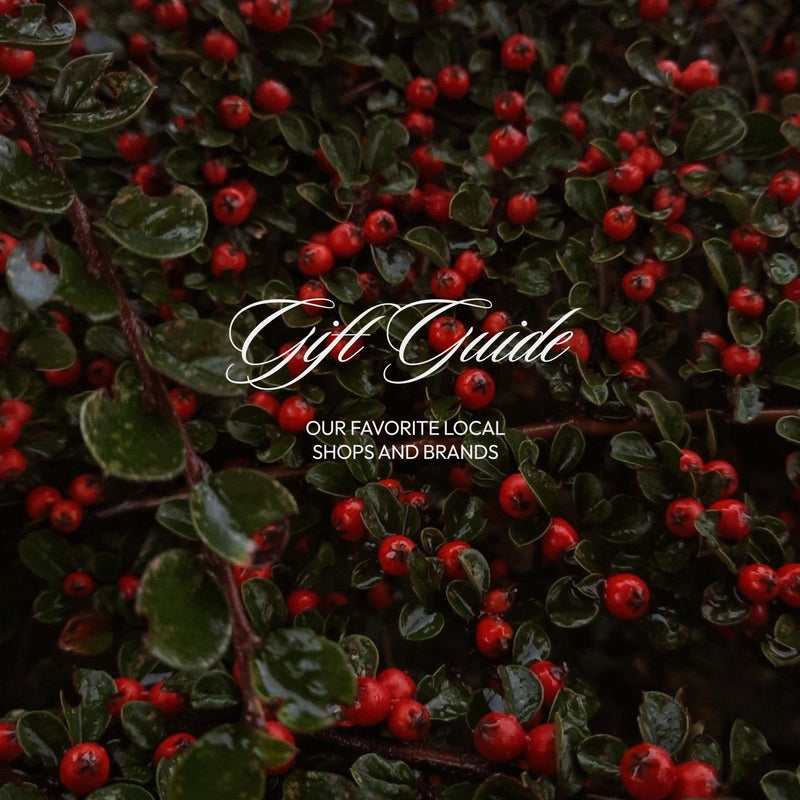Inonotus obliquus is a white rot fungus in the family Hymenochaetaceae. It is also known as a clinker polypore as it has a pore instead of gills and the fruitless form of the fruiting body (the conk) resembles irregular lumps of burnt coal. It is a parasitic fungus that can be found across Northern Europe, Siberia, Russia, Korea, the United States, Canada and Alaska growing on birch, alder, beech and other hardwood trees. This unique mushroom was so valuable to the people of Russia that its common name, Chaga, is derived from the old Russian word for mushroom, “чага.”
It is important to note that these regions are not the only places where one can find Chaga. The mushroom propagates naturally across a wide area of the northern hemisphere. It can be found as far south as Turkey and into the lower regions of Canada and the United States. It can be found almost anywhere that birch trees are planted.
Chaga cannot be cultivated, it must be wild harvested. And it can only be harvested in the northernmost parts of the world for use as medicine. Warmer climates destroy much of the nutritional value of Chaga, making them impoverished versions of the Chaga found in the far north. The mushroom must be exposed to frigid temperatures in order to absorb and retain the nutrients that make it so special.
For centuries, Chaga has been used in Siberia and Russia to treat a variety of ailments including stomach diseases, liver-heart problems, blood purification, and pain relief. It has been also used as a remedy for cancers, including breast cancer, gastric, parotid gland, pulmonary, stomach, skin, and rectal cancers. By the 1950s, Chaga was being rigorously studied and was soon recognized as a medical treatment by the Russian Medical Academy of Science.
Known as Poashkan or Wiskakecakomikih in the Cree regions, this mushroom was harvested and used for medicine by many indigenous peoples of Canada. Today, Chaga is well known for its antimicrobial, antiviral, anti-tumor activity. Much of the scientific study around Chaga stems from these original remedies.
There are several unique, bioactive compounds that can be found in the Chaga mushroom such as oxygenated triterpenes. In addition to the triterpenes, the mushroom contains large amounts of betulin or beltunic acid, a compound that is currently being studied for its anti-cancer properties. Chaga also contains several antioxidants and polysaccharids along with a myriad of other nutritional constituents such as vitamin d, iron, magnesium, potassium and calcium.
We were so fortunate to receive a small amount of Chaga from our friends in Canada earlier this year. Each conk is sustainably harvested with care and attention to create this powerful seasonal tonic. We utilize the dual extraction process (water and alcohol) to derive as many nutritional compounds as possible. As we enter the colder winter months, now more than ever, we can each benefit from some additional immune system support.
References:
1 comment
Thanks for this nice artical on one of Gods’ many great natural gifts to people in this world for their health ills! Jaya, Sincerely, David Kreeshna-dasa



